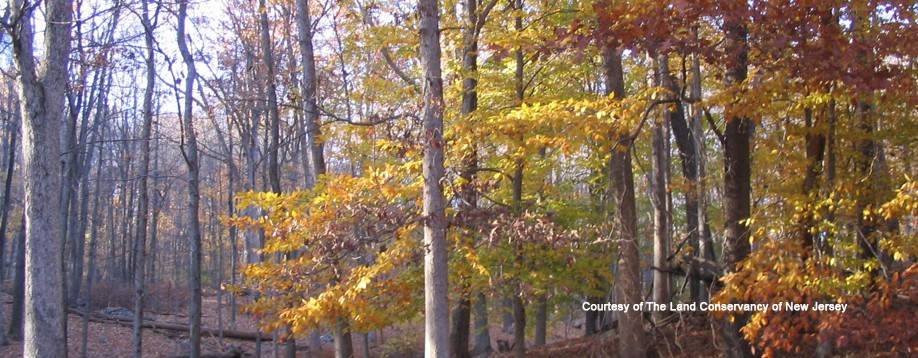Under New Jersey’s Spill Compensation and Control Act, dischargers of hazardous materials are held responsible for the remediation of contamination site resulting from the discharge. In order to ensure that contamination is quickly and completely remediated, the standard of joint and several liability under the Act is quite broad.
This broad standard is particularly important in cases regarding the discharge of chlorinated solvents which, unlike petroleum and other potentially hazardous materials, cannot be scientifically “fingerprinted” and the source identified. A recent New Jersey Appellate Division decision, DEP v. Dimant, heightened the standard by which a discharger of chlorinated solvents can be held liable under the Act.
This decision may result in contaminated areas going unremediated or improperly remediated because it will be more difficult for the DEP to hold responsible parties liable and, as a result, funds will not be available for remediation.
In order to support the reversal of this bad decision, EELC submitted an amici curiae brief on behalf of Food and Water Watch, Raritan Riverkeeper, and NY/NJ Baykeeper to the New Jersey Supreme Court urging the Court to reverse the Appellate Division so that the Act remains an effective tool in the remedation of chlorinated solvent contamination.

EELC represents the Concerned Citizens Coalition (CCC) of Long Branch in connection with the remediation of a former New Jersey natural gas/coal gasification plant. Several years ago, the CCC filed an environmental justice complaint with the DEP relating to contamination in Long Branch due to the plant.
The petition was granted and the DEP undertook many studies that discovered widespread contamination. As a result of the petition, CCC was given the right to review all reports on the remediation and to participate in remedial planning, including receiving monthly updates from the DEP.
EELC participates on behalf of CCC in monthly conference call updates and follows up on any issues that need attention, such as natural resource damages and odors from the remedial site.
EELC represented the Edison Wetlands Association (EWA) in a case against Akzo Nobel Chemical, Akzo Nobel, Inc., and Basell, Inc., multi-national manufactureres of chemicals and coatings (collectively, “Akzo”). Akzo owns and operates a chemical plant on the Raritan River.
The settlement, reached on the eve of trial, included an agreement with Akzo Nobel that it will clean up the site and give $300,000 to the EWA for projects to enhance the Raritan River. EELC is continuing to work with EWA to monitor the progress of the settlement.